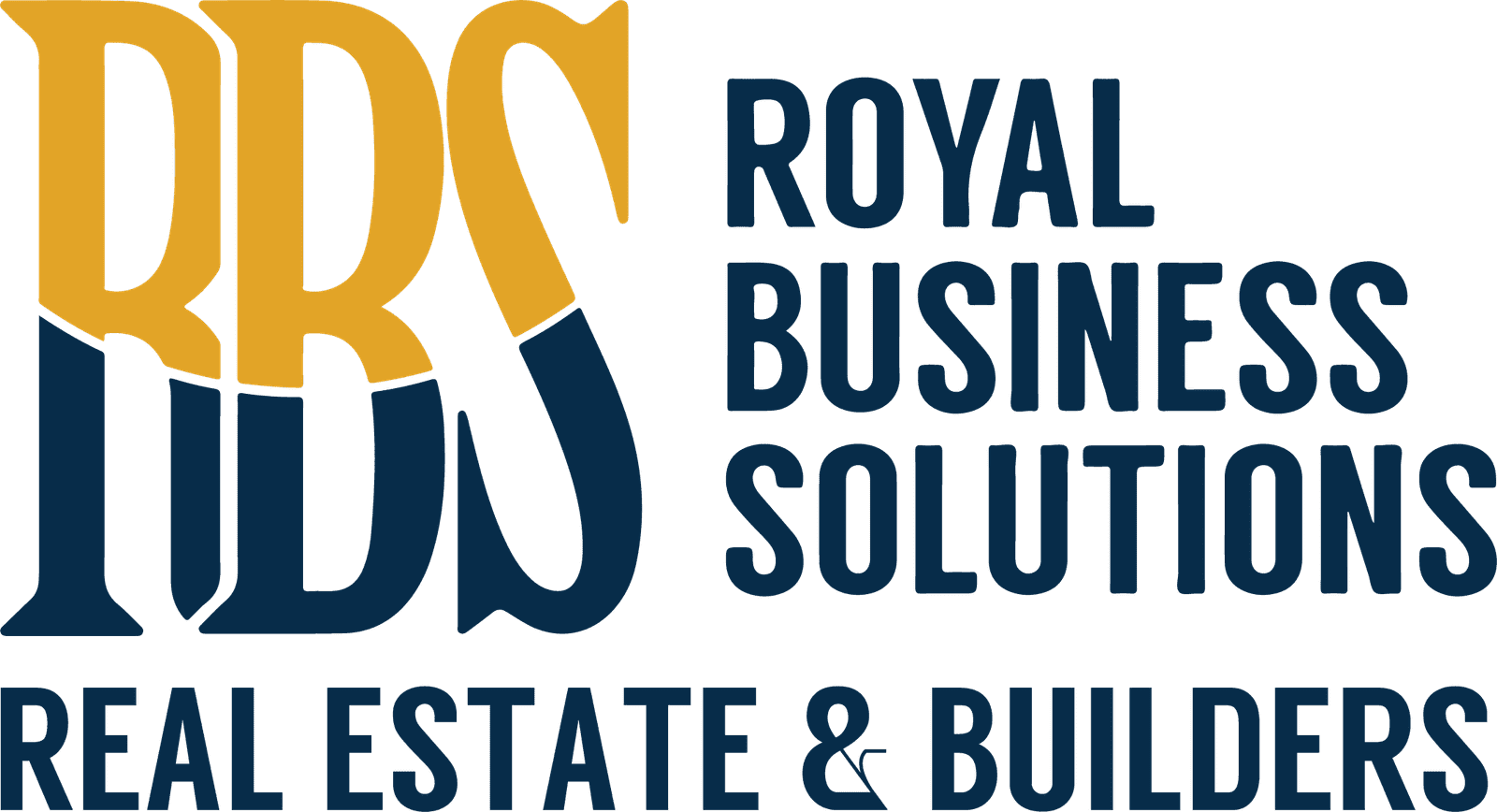Best Ways to Invest in Real Estate and Build Passive Income
- December 13, 2023
- Posted by: Muhammad Shehzad
- Category: Blogs

Investing in real estate has always been seen as a good way to build passive income without much effort. It’s different from investing in stocks or bonds and has special benefits that make it appealing for steady income. For real estate agents, knowing about these investment strategies is crucial to helping clients make smart choices and build their wealth.
In this blog post, we’ll explore some of the most effective ways to invest in real estate and how to build a passive income from a property venture.
Best Ways to Invest in Real Estate
Investors have multiple avenues to explore within the property sector, each with its unique benefits and considerations.
Rental Properties
Rental property refers to properties purchased to generate passive income through renting them out to tenants. These properties can range from single-family homes to apartment complexes or commercial spaces. Investing in rental properties offers the potential for consistent cash flow through monthly rental payments from tenants.
It’s a popular choice for investors seeking long-term returns and a steady income stream while also potentially benefiting from property appreciation over time. Successful management of rental properties involves various aspects, including property maintenance, tenant relations, and ensuring a favorable return on investment for the owner.
Read: How To Invest In Real Estate: 5 Steps To Getting Started?
Real Estate Investment Trusts (REITs)
REITs are like tools for investing in real estate without actually owning any properties yourself. REITs pool funds from multiple investors to purchase and manage passive income real estate properties. These also include commercial buildings, apartments, or shopping centers. They offer investors the opportunity to access diversified real estate portfolios and receive dividends generated from rental income or property sales.
REITs often provide liquidity, as they are traded on major stock exchanges, making them an attractive option for those seeking exposure to real estate with lower capital requirements compared to direct property ownership.
House Flipping
House flipping involves purchasing a property, often distressed or undervalued, to renovate or improve it and selling it quickly for a profit. This investment strategy typically involves buying a property below market value, investing in renovations or upgrades to increase its appeal and value, and then selling it at a higher price.
However, house flipping requires a keen eye for properties with potential, a good understanding of market trends, and the ability to manage renovation costs effectively to maximize profits. It’s a strategy that can yield significant returns in a relatively short period but also involves inherent risks, such as unexpected renovation expenses or fluctuations in the housing market.
Crowdfunding Platforms
Crowdfunding platforms serve as online avenues that enable individuals to collectively pool their resources and invest in various projects or ventures. These platforms allow investors to contribute smaller amounts of capital, which is then aggregated to fund projects such as property developments, renovations, or acquisitions. Investors gain access to diverse opportunities that might have been inaccessible due to higher capital requirements.
In addition, crowdfunding platforms provide transparency, allowing investors to track their investments and often offer potential returns through rental income, property appreciation, or profit sharing. Moreover, this model democratizes property investment by opening doors to a wider range of individuals interested in participating in the property market.
Key Insights to Build Passive Income Through Property
- Diverse Income Opportunities: Real estate offers numerous ways to generate passive income, presenting a versatile investment landscape.
- Streamlined Real Estate Investment via REITs: Real Estate Investment Trusts (REITs) streamline real estate investment, eliminating the need for direct property ownership and simplifying the process.
- Steady Cash Flow from Rental Properties: Owning and renting out properties ensures a consistent income stream alongside the potential for long-term value appreciation.
- Crowdfunding for Portfolio Diversity: Crowdfunding platforms enable investment in high-value properties with a modest capital outlay, diversifying one’s investment portfolio.
- Leveraging Real Estate Development for Profit: Recognizing and renovating properties for sale or rent can yield profitable returns with meticulous planning and market research.
- Potential for Property Appreciation: Real property presents significant potential for appreciation over time, a key advantage for long-term investors.
- Enhanced Control in Investments: Real estate investment offers greater autonomy in property management and strategic decision-making, providing investors with more control over their portfolios.
Also Read: 5 Rules Of Successful Real Estate Investing
Conclusion
Investing in property offers many ways to build passive income without doing much work. You can rent out properties, use REITs (which are easy ways to invest), flip houses, or join crowdfunding for property projects. These options let you choose how you want to invest. Furthermore, real estate might make your properties worth more over time and give you more control over your money. This also makes it a great choice for folks looking to grow their savings steadily.
